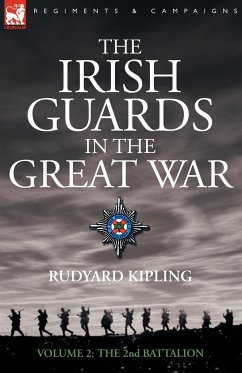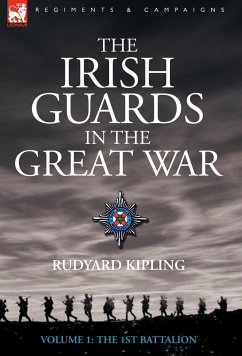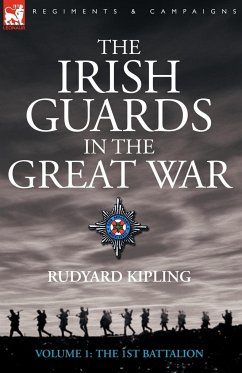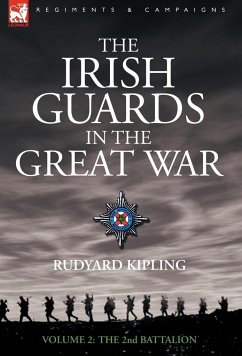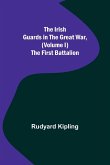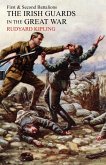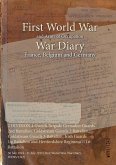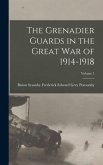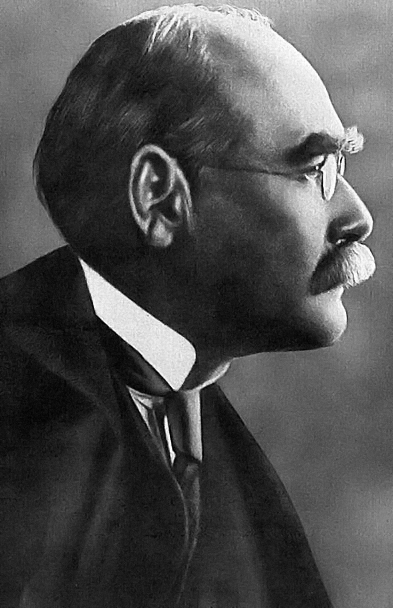The Irish Guards in the Great War - The 2nd Battalion of the Irish Guards - The entire First World War History. This, the second volume of Rudyard Kipling's history of the Irish Guards in the First World War, focuses attention on the activities of the Second Battalion and its total war service. This junior battalion first saw action in 1915 and it is in the first pages of the book that we read of the death of Kipling's son John. The battles of the Western Front are described in detail from the battalion's perspective and there is much within the narrative to remind us that this is the work of a master writer. This volume contains a comprehensive honour roll of the men of both 1st and 2nd Battalions and the Reserve Battalion of the Irish Guards who were killed in action or died of wounds or disease during the war; also included is a full list of those decorated - making this book an invaluable resource for genealogists.

